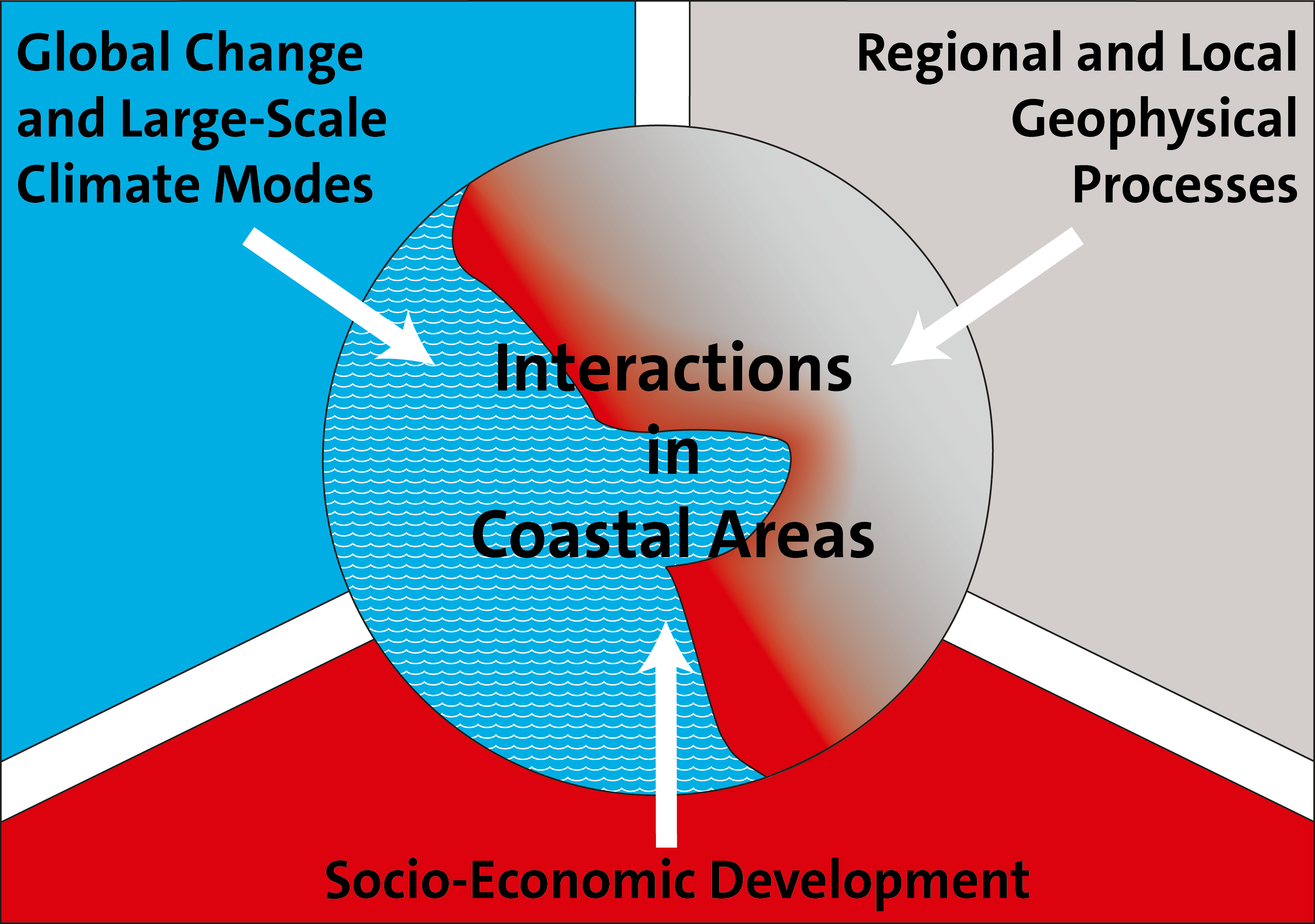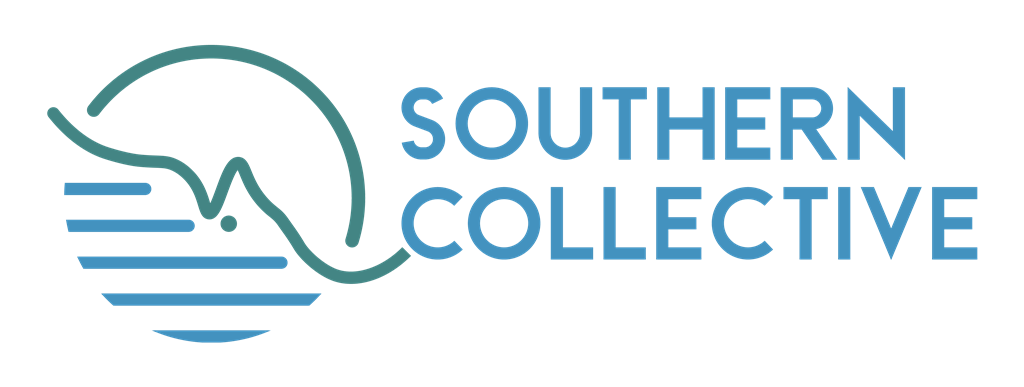Phase I - EMERSA
Duration: October 2016 – April 2020

EMERSA (Epistemic Mobilities and the Governance of Environmental Risks in Island Southeast Asia) was a first phase project funded by the German Science Association/Deutsche Forschungsgemeinschaft (DFG)´s SPP 1889 Sea Level Change and Society initiative (Work Program C). It was implemented by the Leibniz-Center for Tropical Marine Research, Bremen (PI: Prof. Dr. Anna-Katharina Hornidge) and the Sustainability Research Center (artec) at the University of Bremen (PI: Prof. Dr. Michael Flitner).
The project entailed close collaboration with local partners crosscutting Universitas Indonesia´s Research Center for Urban and Regional Studies , the University of Asia and the Pacific´s Department of Asia Pacific Studies, and the National University of Singapore´s Department of Sociology.
Focus
The study explores how policy interventions and social practices, together with standardized ‘recipes’ and solutions for living with the effects of sea level change in coastal megacities that are often advocated by states, international donors, and civil society organizations are taken up, contextually translated, politically legitimized and at times re-circulated internationally by local actors.
By analyzing coastal megacities as laboratories for anticipatory un/re-learning for risk governance, the project contributes to new currents in transformation research and practice. It does so by exploring how diverse socio-natural knowledges and epistemologies (i.e. ways of sense-making and place-making), together with material infrastructures shape localized forms of perceiving and living with coastal change.
Mid-Range Concept Development on “Epistemic Mobilities”
In human history, mobile societies have been more innovative and faster in adapting to change than less mobile societies.
Geographic and social mobilities also entail a crucial understudied aspect – epistemic mobilities that prefigure the travel and sojourning of ideas, worldviews, and systems of sense-making. By bringing together locally-grounded research from Jakarta, Manila and Singapore, the project abstracts from the level of empirical analysis in order to develop a mid-range concept on the interdependence of epistemic (im-)mobilities (EM) and its role in social learning for change adaptation.
As an integrative mid-range concept, epistemic mobilities (analyzed from the standpoint of both policies and practices) brings transformative research insights to how coastal zones can be empirically studied, through and beyond the lens of local riskscapes. It calls for the revaluation of coastal zones not merely as “risky sites” (and sites of intense socio-ecological interaction), but also as spaces of human and non-human dwelling.
Moreover, the study of epistemic mobilities does not simply concern itself with what flows, gains legitimacy and resonates, but even more so with the how – by unpacking the relatively less visible and tangible for an intensely mixed group of ‘winners’ and ‘losers’ of sea level change.
Co-Developing “Follow-the-Moving-Target” Methodologies
Current research on multiple mobilities and flows that implicate not only humans and animals but also the technological, epistemic, material and non-material are rapidly taking on diverse forms. One of the key concerns when studying trajectories of movement and circulation are questions around change and transformation, for people, objects and things never merely ‘arrive’ or ‘depart.’ The notion of origins and destinations themselves seem amorphous. The socio-natural systems in which moving things are embedded are themselves in constant flux, and it is against this backdrop of liminality and constantly changing form and identity – of place and space – in which multi-dimensional studies (of people, artefacts, in/tangible things that are constantly on the move) have to creatively adapt and keep to step with.
Through the rethinking of an empirically-grounded and tested “follow-the-moving target” methodology, we engage with a range of conceptual and methodological frames and tools which will be developed for tracing mobile “targets” in question (e.g. a highly visible and legitimized policy blueprint or technological practice). Thus, instead of merely studying simple causalities of circulation however non-linear they may be, we aim at developing a methodology that ethnographically traces policies and practices as they journey across multiple geo-spatial, political, disciplinary and epistemic boundaries and are cross-culturally translated, which at times leave behind echoes and new impulses for change adaptation. In addition, the conceptual and methodological currents that the project advances will also be critically considered in the light of its broader application to future research on social learning for environmental change adaptation and mitigation.
How

Combining several core conceptual and thematic currents crosscutting the sociology of knowledge, human geography, political ecology, and coastal anthropology, the project specifically investigated epistemic (im-)mobilities in and between the cities of Singapore, Jakarta and Manila (island/archipelagic Southeast Asia) in the context of regional SLR, land subsidence, and multi-hazard flooding. The work packages looked at: a) diversely mobile and at times contradictory ‘policies’ and institutional infrastructures of risk adaptation (WP I); and b) ‘practices’ that take the form of standardized and/or locally tailored solutions (e.g. giant seawalls), developed in networks of international donors and consultancies, together with state-level, mayoral/municipal, private, and civil society networks (WP II).
The two empirical WPs were accompanied by a conceptual work package guided by the two principal investigators. In this WP0, all researchers engaged in further developing core concepts in a mid-range theory of ‘epistemic mobilities’ and its concomitant methodological advances within the context of mobile qualitative methods (i.e. follow-the-moving-target tracing) across multiple scales (Hornidge/Mielke, 2015; Hornidge et al., 2011, 2014).
Key Insights
First, the policies and practices observed in the three cities went well beyond tackling the immediate vulnerabilities and uncertainties posed by socio-ecological hazards in the context of SLR. In all three cities, proposed or implemented adaptation projects not only address broader ecological concerns (like watershed management for controlling rain fed flooding, freshwater supply or tectonic hazards), but also integrate wider questions of urban development along coasts and connect to broader trajectories of city and transport planning, infrastructure and real estate development, or basic discourses of safety and security (cf. Simarmata, 2020; Siriwardane-de Zoysa, 2020).
By focusing on the question of how and why particular practices and policies gain salience and widespread institutional appeal, we found the blurring of boundaries between traditional, anticipatory risk-driven approaches and speculative futuring practices that are shaped and re-circulated between the three cities.
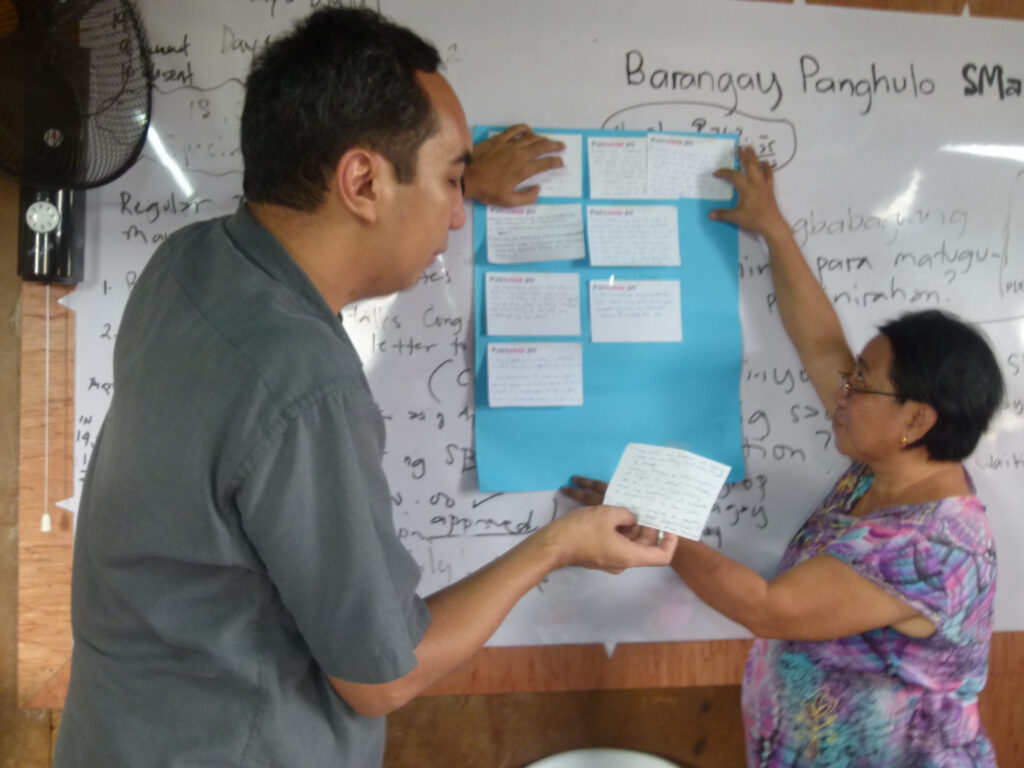
Second, policies and practices for dealing with sea level rise are the outcome of complex and in most cases translocal decision-making processes by national and city governments, local government units, households, and/or individuals (cf. Herbeck, 2015; Flitner et al., 2018). In many cases, those processes substantially involve external actors that are actively appointed by city governments and often closely included in decision-making (for example overseas consultants that collaborate with city governments). In the context of more spontaneous, household- or individual-based forms of adaptation, translocal relations are introduced through the application of knowledge derived at other places in new environments (e.g. by migrants that bring along small-scale adaptation techniques).
On the level of municipal adaptation strategies, the relation to international policy circles and a globalized consultocracy of hydrologists, coastal engineers, dredging companies, city developers and so forth have proven to be especially influential; this is also triggered by the growing importance of city networks and transnational knowledge platforms that inform urban adaptation strategies.
In recognition of the main findings above, the conceptual work in WP0 has led to a recent publication (Hornidge et al 2020) in which the project team argues that the translocal transforming of adaptation practices and policies, within their contexts of arrival and negotiation, are key to conceptualizing “epistemic mobilities” via local systems and processes of socio-institutional change.
Partners

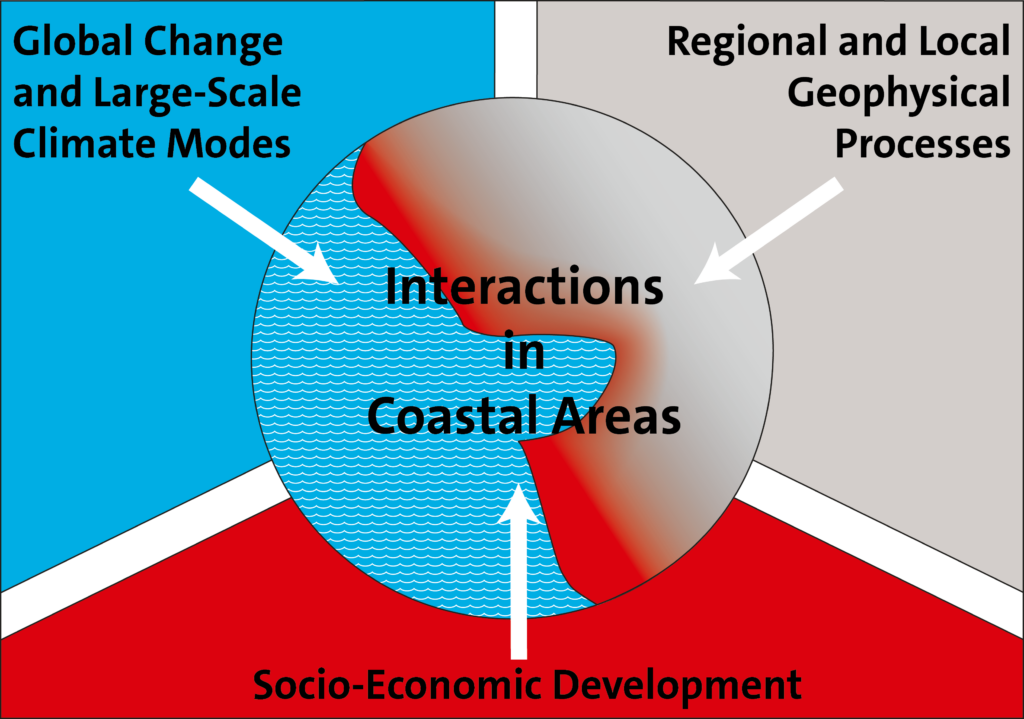

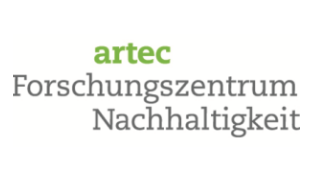

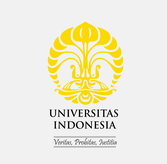
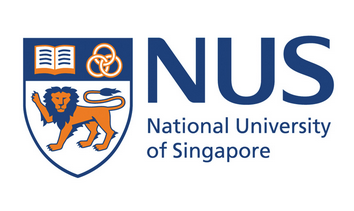
Photo credits: Northern Jakarta, A-K. Hornidge ©

